Tory leadership contest: The big government plans put on ice for new PM
- Published
- comments
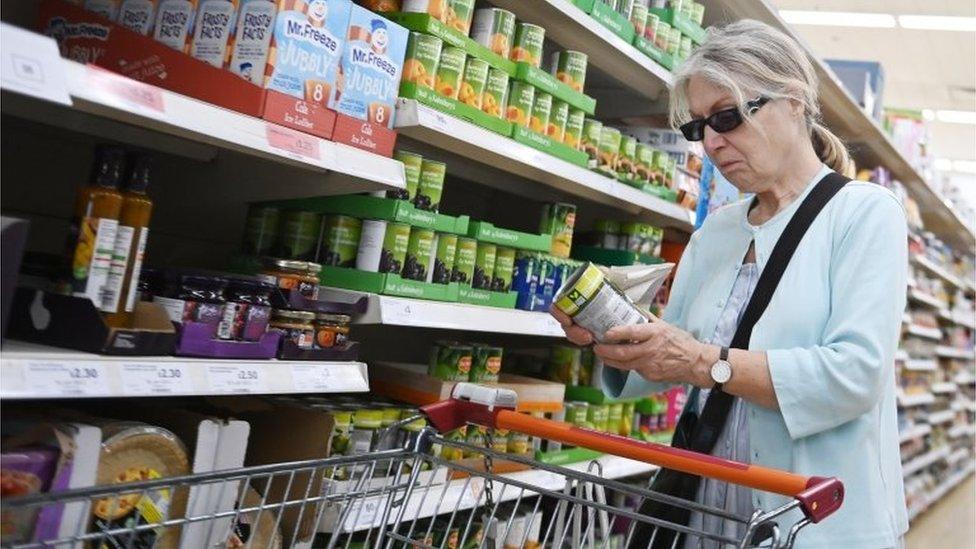
The government's flagship Online Safety Bill - aimed at protecting children from harmful content - has been put on hold until the autumn when a new prime minister will be in place.
Opposition parties have accused ministers of "giving up on governing" while Conservative MPs battle it out to replace Boris Johnson as prime minister.
Government sources have blamed the delay of the bill on Labour for using up limited Parliamentary time with a no confidence vote in the government.
Labour has rejected the accusation arguing the government is in charge of the timetable.
The bill is set to return to Parliament in the autumn, but a new prime minister may want to rethink the legislation or appoint a new culture secretary.
One leadership contender, Kemi Badenoch, has said the bill is "in no fit state to become law" and that she would ensure it "doesn't overreach".
Other big policy decisions are also in limbo, including:
Tax cuts
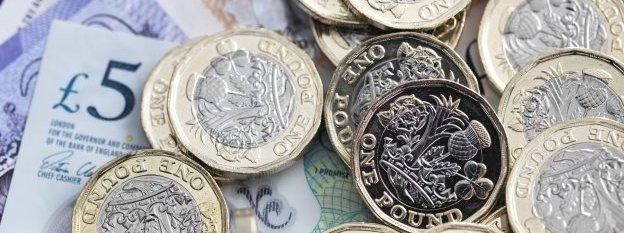
Tax has become a major battleground in the Tory leadership contest.
Broadly speaking, former Chancellor Rishi Sunak is arguing for no tax cuts until inflation is under control. The other contenders are all saying they would cut taxes if they become PM.
Foreign Secretary Liz Truss and Tom Tugendhat - chairman of the foreign affairs committee - want to reverse a rise in National Insurance.
Trade Minister Penny Mordaunt has promised to increase income tax thresholds for basic and middle income earners in line with inflation.
The thresholds - the point at which people start paying the tax or paying it at a higher rate - are currently frozen for four years from April 2022.
Next year, corporation tax is due to rise from 19% to 25%.
However, some leadership hopefuls, including Mrs Badenoch have said they want to see corporate tax lowered.
Cost of Living

Boris Johnson freely admits that the cost of living crisis is the biggest domestic challenge his government faces.
Before he announced his resignation, he had been expected to hold regular press conferences to highlight what the government was doing to help.
These will not now happen, Downing Street said.
Labour has urged the government to cut VAT on energy bills to help ease the cost of living crisis, while some of the Conservative leadership candidates - including Suella Braverman - have proposed a VAT cut on fuel.
Asked whether the government would intervene if the cost of living crisis worsened, the PM's spokesman said it would not seek to introduce fiscal measures that would have a "significant impact" on the next prime minister.
Public sector pay
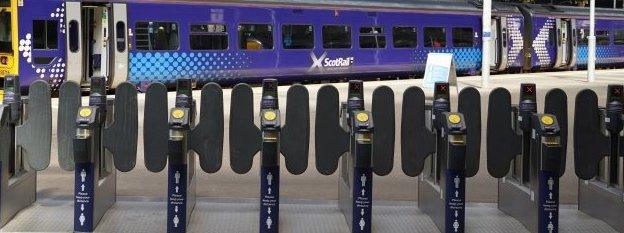
The rising price of things like food and petrol, have led to demands for wage increases.
Some sectors - rail workers and barristers - have gone on strike for better pay, while unions representing teachers and nurses have suggested they could also take action.
When chancellor, Mr Sunak pledged public sector workers would see "fair and affordable pay rises" and a public sector pay review is still going ahead, despite his resignation.
In past years, many of the decisions about the annual pay settlements have been made in the final days of July.
Pay rises below inflation could lead to strikes, but there are questions over whether a temporary government would have the power to offer above inflation increases.
With inflation at a 40-year high and heading for double digits, any decisions on this, including whether the Treasury provides the funds for rises higher than 2-3%, will not wait for the months' long completion of a leadership contest.
Northern Ireland Protocol
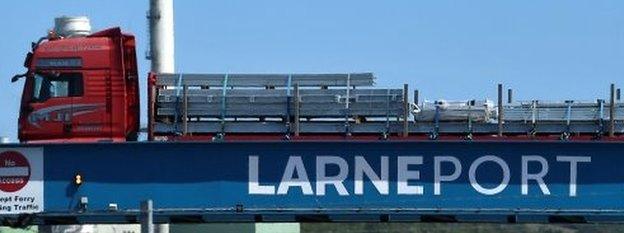
The government has introduced a bill to scrap parts of its deal with the EU on post-Brexit trade in Northern Ireland.
The EU were very critical arguing the bill was illegal and would not work.
Tim Durrant, of the Institute for Government think tank, says: "There are strong feelings in the Tory party that the NI Protocol issue needs to be sorted and it will be a key topic during the leadership contest."
The government is hoping that the legislation will clear its Commons stages by the end of next week.
But if a new prime minister wanted to rewrite the bill, they will have ample opportunity to do so when it goes through its Lords stages in the autumn, which may take several months, says the BBC's parliamentary correspondent Mark D'Arcy.
Channel 4 privatisation
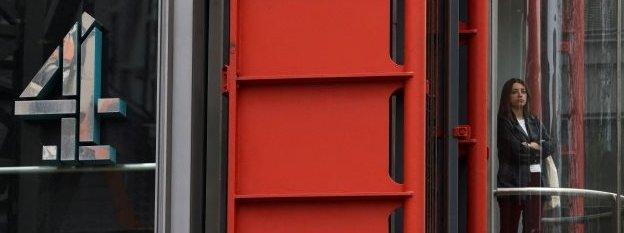
The plan to privatise Channel 4 - announced in May - delighted some Conservative MPs, but made others feel deeply uneasy.
Culture Secretary Nadine Dorries has argued that government ownership is holding the channel back.
But the move was also likely to face opposition in Parliament, particularly the House of Lords.
A bill has not yet been introduced to Parliament and a new prime minister might decide to can it rather than face a potentially tricky battle.


What can the 'caretaker' government do?
In office but not in power? What can and can't a "caretaker government" do?
The basic principle is that the continuity Johnson administration can't pre-empt big decisions for their successor.
So no major new policies, laws, public appointments...
The trouble is - an unexpected event.
Even caretaker governments still have to govern, and possibly take urgent actions - and this one has a cost of living crisis, a war in Ukraine and a continuing pandemic crowding its in-tray.
And it may have to do quite big things in response. But non-urgent policy changes are now on hold.
The key text on this is the Cabinet Manual (the rulebook for senior ministers) which will leave top civil servants to police the grey areas around what is urgent and what can await the new leadership.
"It becomes about responsible decision-making," says Dr Catherine Haddon of the Institute for Government think tank.
It's a situation senior civil servants have to navigate when prime ministers step down, or lose a confidence vote, or call an election.
